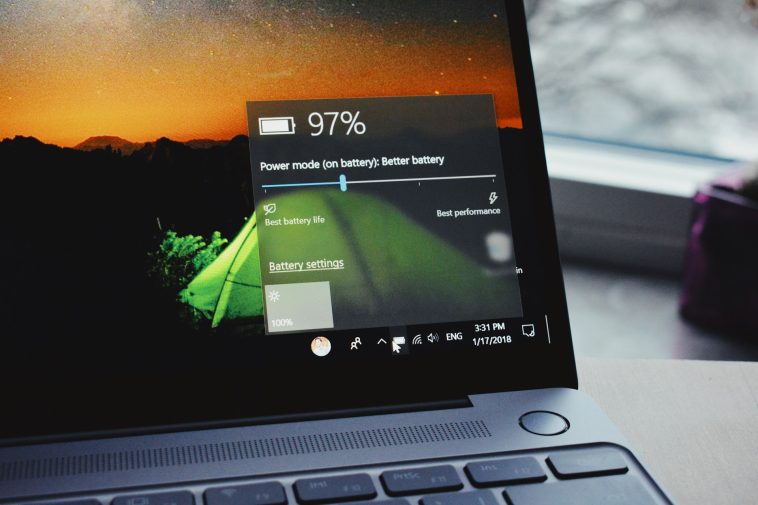In Nigeria today, the rising cost of brand-new laptops has pushed many consumers towards fairly used or “second-hand” systems. While these pre-owned devices offer a more affordable option, many buyers end up with laptops that barely last three hours on battery, despite paying between ₦150,000 and ₦300,000 ($90-$190 at $1/₦1,600) or more.
One of the most common mistakes buyers make is asking, “How strong is the battery?” without actually checking the battery health themselves. In reality, battery degradation is a major issue with used laptops, and ignoring it could mean spending a lot of money on a device that’s practically useless without constant power supply.
In this guide, we’ll show you how to check battery health on any Windows 10 or Windows 11 laptop, whether you’re buying a UK-used system or you simply want to check the health of the laptop you already own.
Why checking battery health matters
Whether you’re a student, gamer, remote worker, or tech entrepreneur, a healthy battery is key to mobility and productivity especially in a country like Nigeria where power outages are common. A laptop that can’t last long without being plugged in is a liability.
Checking battery health before you buy helps you avoid regrets. And if you already own the laptop, it helps you plan ahead before the battery fails completely.
Method 1: How to generate a battery health report using Windows PowerShell or Terminal
This method is built into all Windows laptops and gives you a detailed, technical report on battery performance over time. Here’s how to use it:
1. Step 1:
Right-click the Start Menu.
On Windows 11: Select Terminal (Admin)
On Windows 10: Select Windows PowerShell (Admin)
2. Step 2:
Click Yes if a security prompt appears.
3. Step 3:
Type the following command and press Enter:
powercfg /batteryreport /output “C:battery-report.html”
4. Step 4:
Open File Explorer (press Windows + E)
Navigate to This PC > Local Disk (C:)
Look for a file named battery-report.html
Double-click the file to open it in your browser.
If you don’t see it immediately, use the search bar in File Explorer to search for ‘battery-report.html’.
5. Step 5:
Once opened, the report will display:
Installed Batteries – Basic information about the battery
Cycle Count – How many full charge cycles the battery has gone through (too many cycles may indicate an ageing battery)
Design Capacity vs Full Charge Capacity:
Design Capacity = what the battery could originally hold
Full Charge Capacity = what it can currently hold
If the full charge capacity is significantly lower, the battery is worn out.
Step 6:
Scroll to view these key sections:
Recent Usage – Shows battery drain over time
Battery Capacity History – Tracks capacity decline
Battery Life Estimates – Compares current battery life to when the laptop was new
Method 2: Use a free app – Pure Battery Analytics
For users who prefer a simpler, visual option, the Pure Battery Analytics app on the Microsoft Store is a great alternative.
How to Use It:
Open the Microsoft Store on your laptop
Search for “Pure Battery Analytics” and install it
Open the app and view:
Battery Design Capacity
Full Charge Capacity
Remaining battery life
Battery wear level
Real-time usage analytics
Bonus: What else to check before buying a used laptop
Battery life is only part of the equation. Before handing over your money for a UK-used laptop, make sure to inspect the following components:
Keyboard – Are all the keys working?
USB & Charging Ports – Do they connect and detect devices properly?
Touchpad – Is it responsive and accurate?
Screen – Any dead pixels, cracks, or flickering?
If you already own a laptop…
Monitoring battery health is part of good maintenance. Here are some tips to help prolong your battery’s lifespan:
Avoid overcharging. Let the battery drop to around 20–30% before recharging occasionally.
Keep your laptop away from dust, heat, and water.
Clean the fan vents periodically to prevent overheating.
Use Battery Saver mode when running on power.
Final thoughts
Don’t rely on what sellers say—check for yourself. Whether you’re buying a used laptop or maintaining the one you already own, regularly checking your battery health can save you from costly surprises and downtime.





GIPHY App Key not set. Please check settings